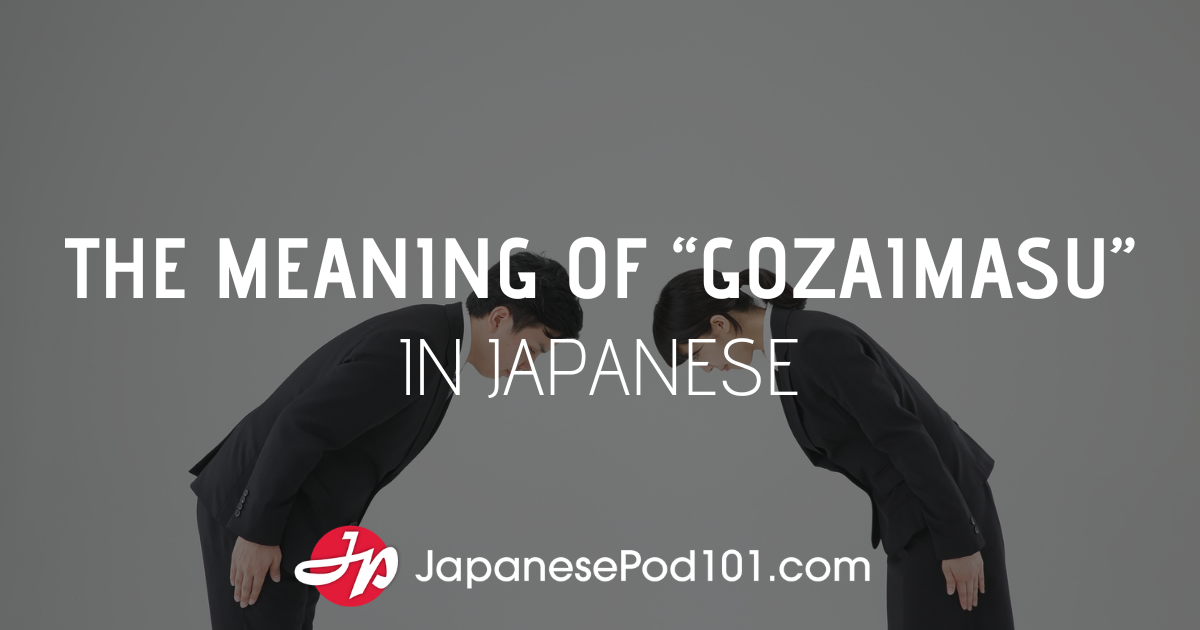| Quick Links Welcome to Kanji Curiosity | The Basics | Glossary |
Today we’re going to start with a quiz.
• What is fragment + writing?
• What is word + fragment?
While considering this conundrum, you can read quotations about fragments. I’m hoping these quotes will block the answers from view as you ponder the issue ….
|
“[I am] firmly persuaded that every time a man smiles,—but much more so, when he laughs, that it adds something to this Fragment of Life.”
|
Need a hint? OK, here you go:
• Fragment + writing: 葉書
• Word + fragment: 言葉
|
“Every woman is like a time zone. She is a nocturnal fragment of your journey. She brings you unflaggingly closer to the next night.”
|
Does that clear things up, or not yet? Well, here’s an extremely big hint:
• Fragment + writing: 葉書. The yomi is hagaki.
• Word + fragment: 言葉. The yomi is kotoba.
|
As I viewed myself in a fragment of looking-glass…, I was so impressed with a sense of vague awe at my appearance … that I was seized with a violent tremor.
|
By now you likely know what these compounds mean:
• Fragment + writing: 葉書 (hagaki) means “postcard.”
A fragment of writing is a postcard! Makes perfect sense!
• Word + fragment: 言葉 (kotoba) means “word.”
A fragment of a word is a word. Makes less sense. But here’s something more logical: In addition to meaning “word,” 言葉 means “language” and “speech.” So a word is a fragment of language or speech. Everything is copacetic again, right? Wait, what’s that? I shouldn’t have defined 言 as “word” when it means “to say,” as in 言う (iu)? Yes, I know, but Jack Halpern (author of Kanji Learner’s Dictionary) says the first character in 言葉 means “word.” So just take him at his word!
Perhaps one large area of confusion remains: For the last two weeks, we’ve looked at how 葉 means “leaf.” And yet it means “fragment” here. That feels like a big leap. But perhaps it helps to think of a leaf as a fragment of a tree. Or you can think of 葉 as a fragment of 言葉 (kotoba: word). In any case, we won’t view 言葉 in a fragmented way in today’s blog. Rather, we’ll take 言葉 as a whole, seeing how it shows up as part of other compounds.
The Sound Barrier
As you’ve studied Japanese, have you ever felt as if you’ve hit a wall? Turns out, the Japanese anticipated that feeling! Check out this great term:
言葉の壁 (kotoba no kabe: language barrier) word + wall
If you’ve ever hit that wall, then surely you heard a bunch of words that sounded like nonsense. The next term describes that phenomenon:
訳の分からない言葉 (wake no wakaranai kotoba: meaningless words; words that make no sense)
meaning + to understand (negative) + word
Of course, the words you heard weren’t actually meaningless. It’s just that spoken Japanese often lacks meaning to those of us who hit that “sound barrier.” The incomprehension may stem from the following issue:
言葉付き (kotobatsuki: way of speaking, wording)
word + to adhere, attachI like this breakdown, because 付 has the sense of “glue” here. Syntax is a matter of how one glues words together!
Listening comprehension might be easier if the Japanese used fewer words. Famous as nonverbal communicators, the Japanese have compiled a staggeringly large lexicon. If you have more than fifty thousand kanji, I suppose the next thing to do is to concoct as many combinations as possible. In any case, the Japanese have a term for the number of words one uses:
言葉数 (kotobakazu: number of words; level of talkativeness)
word + number
This term refers to the number of words that an individual tends to use, indicating whether that person is chatty or reticent.
On How to Use 言葉数 in a Sentence …
Words About Words
There’s another reason for the sound barrier that many kanji-philes encounter in Japanese. The more compounds you learn, the more formal your vocabulary becomes. And if you try to use those formal words in conversation, people will snort, giggle, or inform you that your speech is about as natural as Al Gore’s dancing. It’s very confusing to receive kudos for writing “to improve” as 向上する (kōjō suru: to face + up) while being expected to say よくなる (yokunaru: to improve (literally, to become good)). At any rate, all grumbling aside, here are some terms for such distinctions:
書き言葉 (kakikotoba: written language) writing + language
話し言葉 (hanashikotoba: spoken language)
conversation + language
流行言葉 (hayarikotoba: popular expression)
fashionable (1st 2 chars.) + languageThe word for “fashionable” is 流行 (ryūkō: to flow + to go), and yet the yomi for the first half of this four-character compound is hayari, not ryūkō. Strange.
通り言葉 (tōrikotoba: common saying; slang) street + language
The breakdown of 通り here is a toss-up, because 通り can mean both “street” and “to pass.” Slang is a language that passes between insiders, but people also use it in the streets.
歌言葉 (utakotoba: poetic language/wording) song + language
花言葉 (hanakotoba: the language of flowers) flower + words
I thought this might refer to some mythical tongue spoken by flowers after humans have left the scene. But Japanese dictionaries say 花言葉 are the names of flowers that represent certain concepts or qualities. That is, roses stand for love, laurels symbolize glory, and so on.
For Other “Word” Words
with Crazy Specificity …
堅い言葉 (kataikotoba: stiff speech) stiff + language
忌み言葉 (imikotoba: taboo word) to abhor + word
Now that you’ve seen these terms, it’s time for a quiz about words about words.









